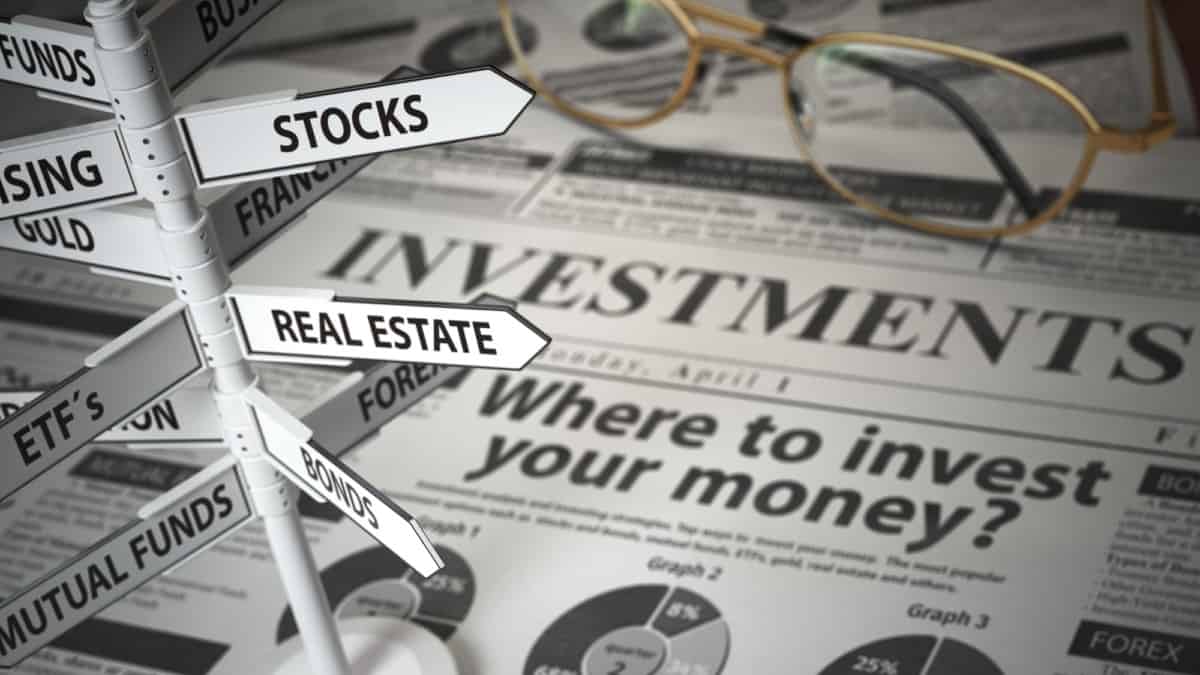AstraZeneca (LSE:AZN) recently agreed to buy Alexion Pharmaceuticals for around $39bn. Although management has spoken positively about the deal, AstraZeneca shares initially fell 5.7% to a nine-month low on the news.
Given the initial market reaction, here’s what I think the deal means for AstraZeneca’s dividend if it goes through:
The reaction to the Alexion deal
According to the terms of the proposed transaction, AstraZeneca will pay $39bn in cash and stock to acquire Alexion in a deal that’s anticipated to close in the third quarter of next year. To pay for the cash component of the deal, CMC Markets U.K. analyst David Madden expects AstraZeneca will take a bridge loan financing of around £13bn.
AstraZeneca is buying Alexion because it is a leader in rare diseases and immunology. It’s also a pretty strong generator of free cash flow (FCF). Alexion generated around $2bn in FCF last year, and analysts expect the company to generate even more this year. Given Alexion’s current momentum and portfolio, analysts think the deal could help increase AZN’s earnings for the next four years.
Many shareholders didn’t like that AstraZeneca paid a 45% premium to do the deal. Given the premium, AZN valued Alexion at over 40 times its trailing 12-month earnings per share.
Many of the shareholders think acquiring Alexion was a way for AstraZeneca management to meet short-term growth targets. Given Alexion’s portfolio composition, the purchase might not look as good after four years in terms of its effect on earnings per share.
What I think the deal means for AstraZeneca’s dividend
I would not be too hasty to judge the deal based on the short-term movement of the stock price. Stocks often fall whenever a big deal is done. There will always be some negative investor sentiment in terms of the price paid. Although AstraZeneca did pay a rather high premium, there could be synergies that make it worth it. A lot depends on management’s execution.
In terms of its effect on AZN’s dividend, I reckon the deal is neutral in the short term. Although AstraZeneca will add debt to make the acquisition, it will also be acquiring a FCF generator that will likely help increase earnings per share over the next few years.
I reckon the deal’s debt load is manageable as well. According to the calculations of my colleague Roland Head, the deal could add around $10bn in additional debt. Given that Alexion is expected to generate FCF of over $2bn this year, I think the deal sort of finances itself, if management can keep FCF growing.
If management unlocks the anticipated synergies, manages the debt correctly, and executes, I reckon the odds are pretty good that the deal will help AstraZeneca increase its dividend in the long term.
Given that I’m generally bullish on the advancement of technology and tech’s impact on big pharma, I’d buy AstraZeneca and hold. In my opinion, the stock is trading at an attractive valuation given its future prospects.








